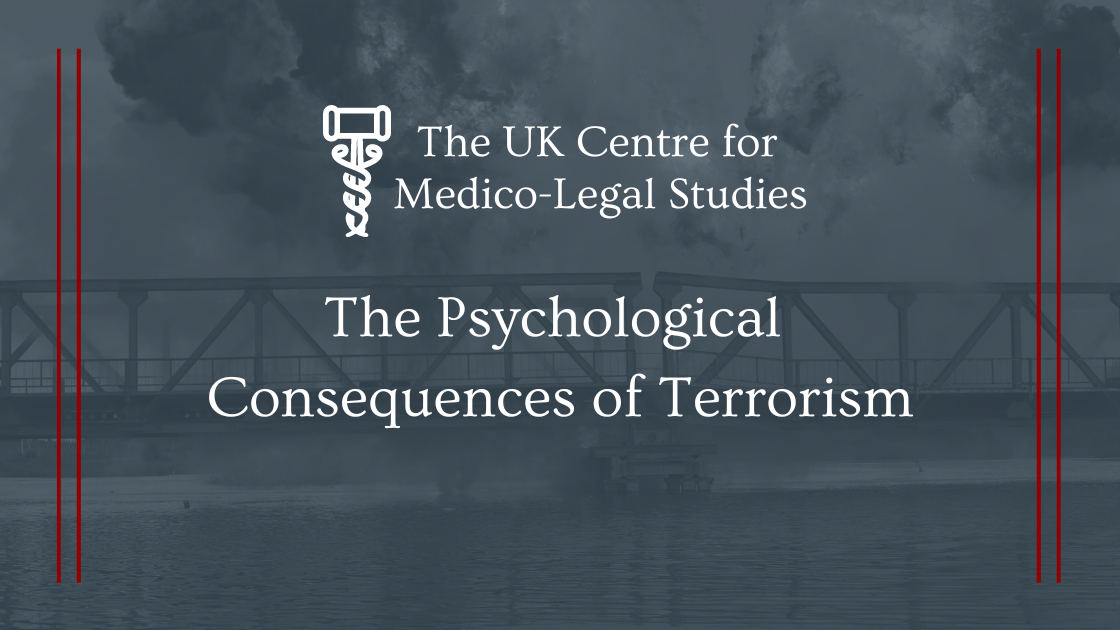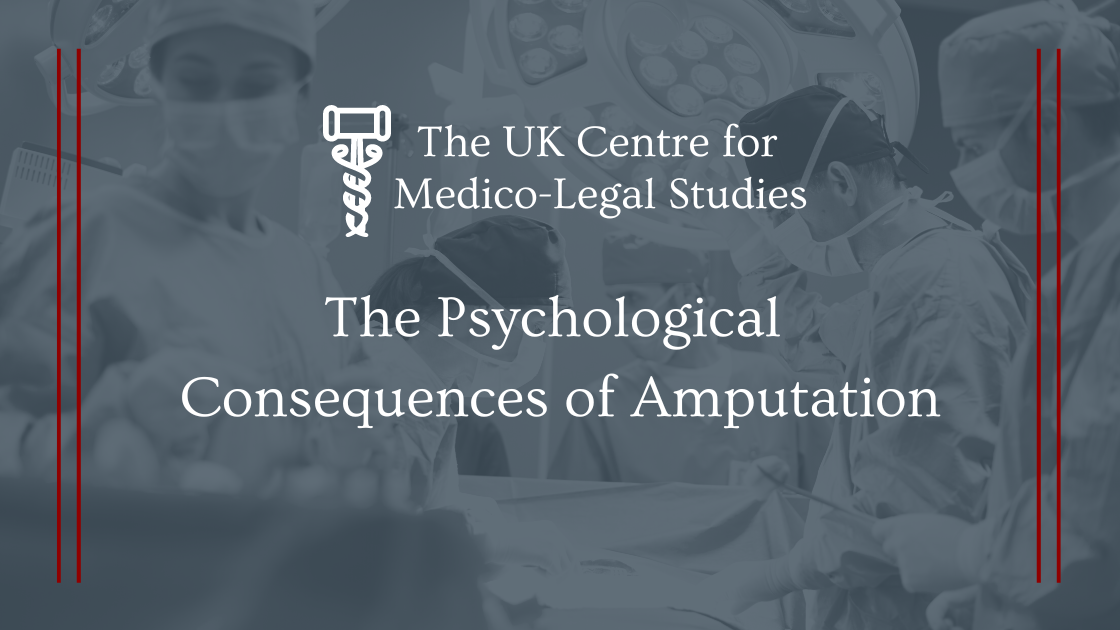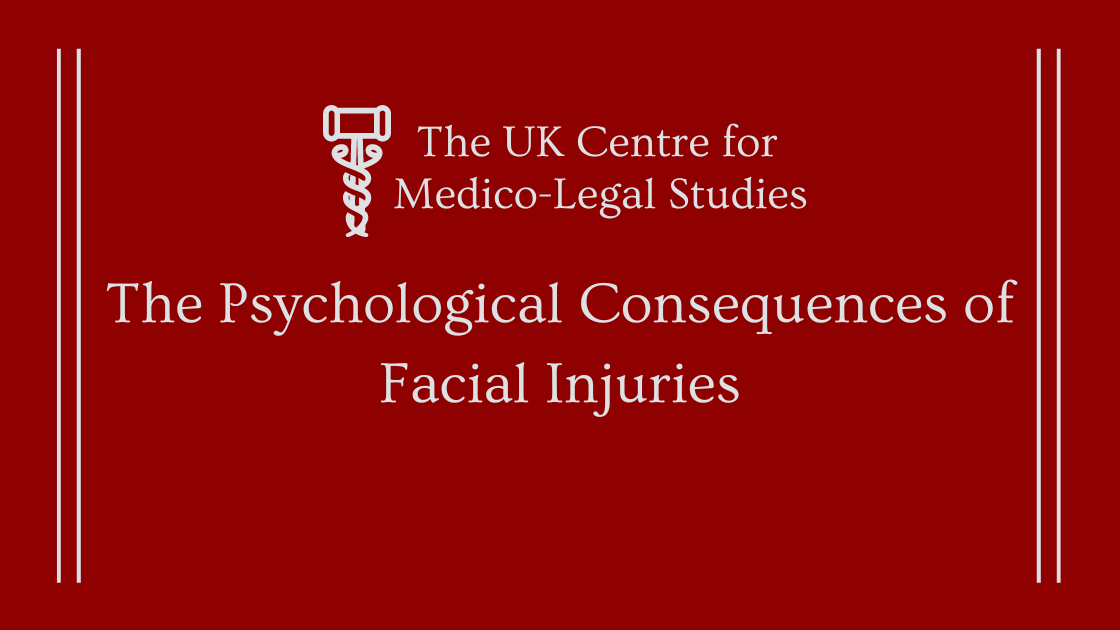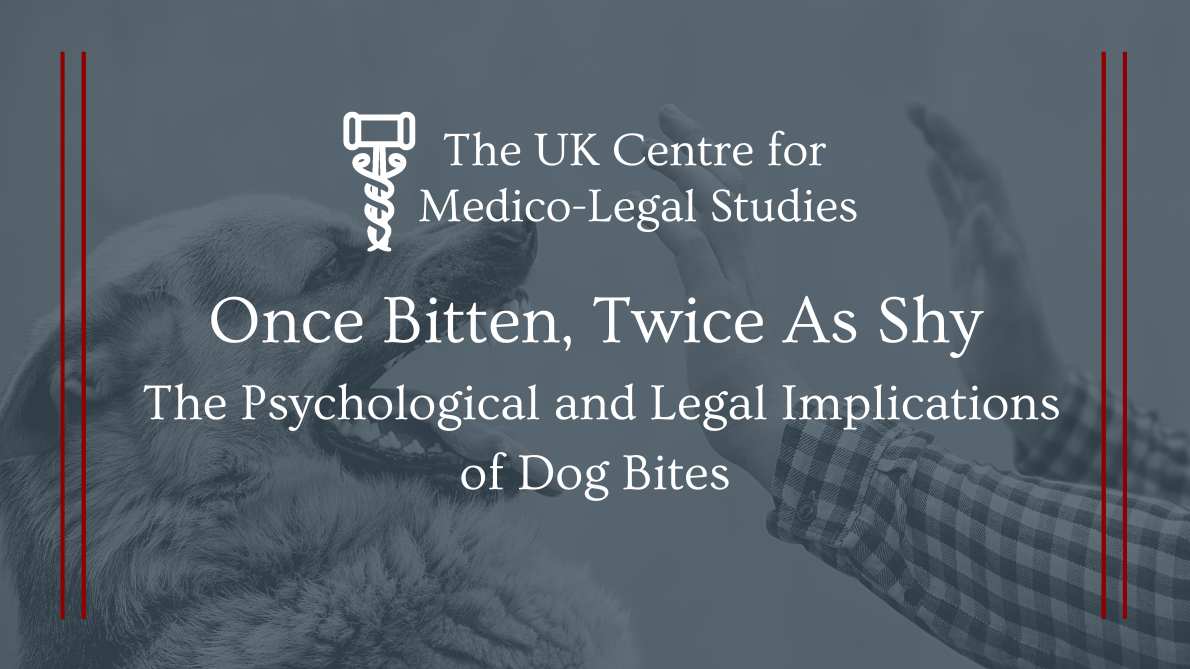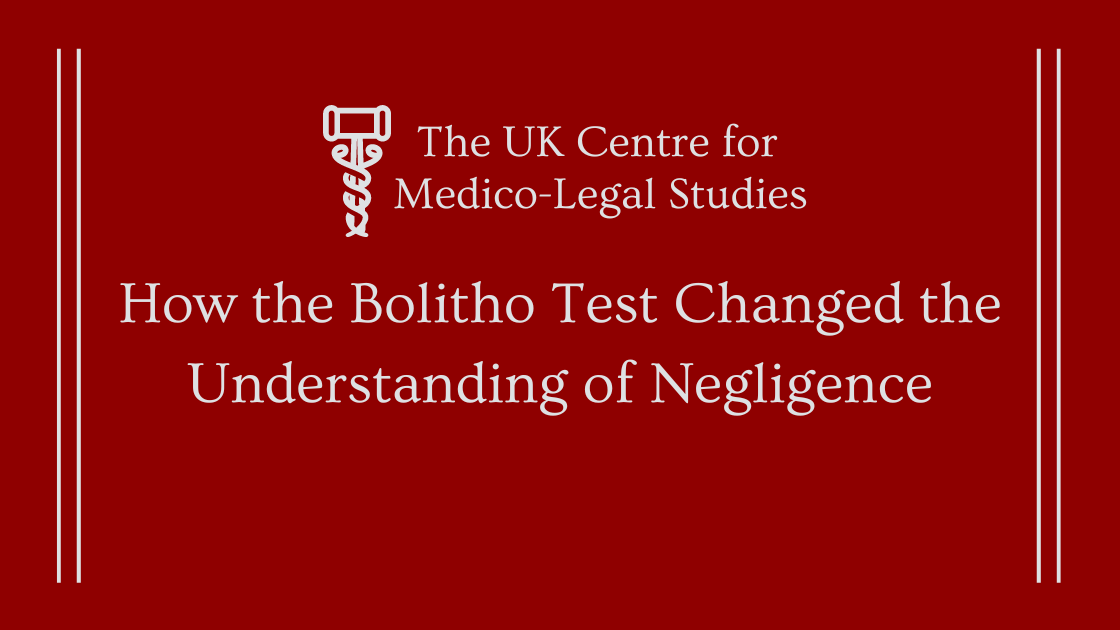What is Dissociative Identity Disorder?
Dissociative identity disorder is not universally accepted as a diagnosis, but it is listed in the DSM-V, so it is important for people working in medico-legal services to be aware of it. We summarize some of its potential causes, symptoms, and treatments.
The Fear of Cancer Recurrence
Many cancer survivors adjust well to life after cancer, but many also experience psychological difficulties. These symptoms are sometimes referred to as “fear of cancer recurrence.” We examine these symptoms and consider some of the psychiatric interventions that can help patients to deal with them.
The Psychological Consequences of Terrorism
Terrorism involves the use of sudden, violent acts to provoke fear and uncertainty in a particular population, usually for political aims. In this post, we examine the consequences of terrorism as a traumatic event and consider its psychological effects.
The Psychological Consequences of Amputation
Given that amputations cause such severe changes in a person’s bodily appearance and lifestyle, it is not surprising that they are often accompanied by significant psychological effects. In this post, we look at some of the most common causes and consequences of amputation.
The Psychological Consequences of Medical Negligence
Medical negligence often causes immediate damage to a patient, but it can also have long-term psychological effects. In this post, we look at the different types of medical negligence, as well their potential effects on a person’s mental health.
A Review of Alopecia and its Psychological Consequences
In this post, we look at the causes, symptoms, and ramifications of hair-loss disorders, and we consider their importance from a medico-legal perspective.
Discrepancies in Court: The Liability and Responsibility of Expert Witnesses
A recent case heard in Manchester County Court on 14 January 2021, has shed some light on the responsibilities and liabilities of expert witnesses in court proceedings.
Complex Post-Traumatic Stress Disorder: A Meaningful Distinction
In this post, we look at the overlap between PTSD and CPTSD and consider why it might be helpful for psychiatrists to treat them as meaningfully distinct, even if they have much in common.
The Psychological Consequences of Facial Injuries
Facial injuries, particularly those that lead to permanent disfiguring or scarring, can have long-lasting effects on a person’s mental health. We outline some of the causes and psychological consequences of facial trauma, before highlighting some of the key legal considerations related to this issue.
The Psychological Consequences of Obstetric Negligence
In this post, we look at some of the major mental health risks associated with pregnancies and childbirth and consider what needs to be established to demonstrate psychiatric injury from obstetric negligence.
Work-Related Stress and Psychological Injury
According to the 2020 UK Workplace Stress Survey, 79% of adults working in Britain “commonly experience work-related stress,” a 20% increase in comparison with 2018. In some sectors the percentages are even higher, with 92% of people who work in Local and National Government jobs reporting that they regularly suffer from stress.
Secondary Victims: The Legacy of the Hillsborough Disaster
A secondary victim is someone who suffers psychiatric harm from witnessing a primary victim's injury (or its aftermath), even though they themselves were not at risk from the incident.
The Benefits of Remote Mental Health Assessments
We reflect on our own and others’ experience of remote assessments, looking back at the history of remote medicine and examining how it might improve psychiatric and medico-legal services.
Once Bitten, Twice As Shy: The Psychological and Legal Implications of Dog Bites
If a dog bite affects a person’s mental health, then they can be eligible for compensation to cover their ongoing treatment. In this post, we look at some of the psychological ramifications of dog bites, as well as at the legal issues for dog bite victims and dog owners.
How The Bolitho Test Changed the Understanding of Medical Negligence
The Bolitho Test and the Bolam Test are the twin pillars of all assessments of medical negligence. They state that a doctor is not negligent if he or she acts in accordance with a responsible body of medical opinion, provided that the Court finds such an opinion to be logical.
The Historical Significance of the Bolam Test
The Bolam Test is a means of assessing clinical negligence in Court. It was introduced in the wake of a landmark case in 1957, Bolam v Friern Hospital Management Committee, and it is used to define the minimum standard of care that a doctor must provide in order not to be found guilty of negligence. It states that: “if a doctor acts in accordance with a responsible body of medical opinion, he or she will not be negligent.”
The History and Controversy of Factitious Induced Illness
Factitious Induced Illness (FII), also known as Factitious Disorder Imposed on Another, and previously as Munchausen Syndrome by Proxy, is a disorder wherein a person fabricates the symptoms or medical records of an illness in another person, most commonly a child or a dependent.
Factitious Disorder: Then and Now
Factitious Disorder (sometimes called Munchausen Syndrome or Factitious Disorder Imposed on Self) is a condition in which someone presents with physical or mental illness for which no organic cause can be found.



